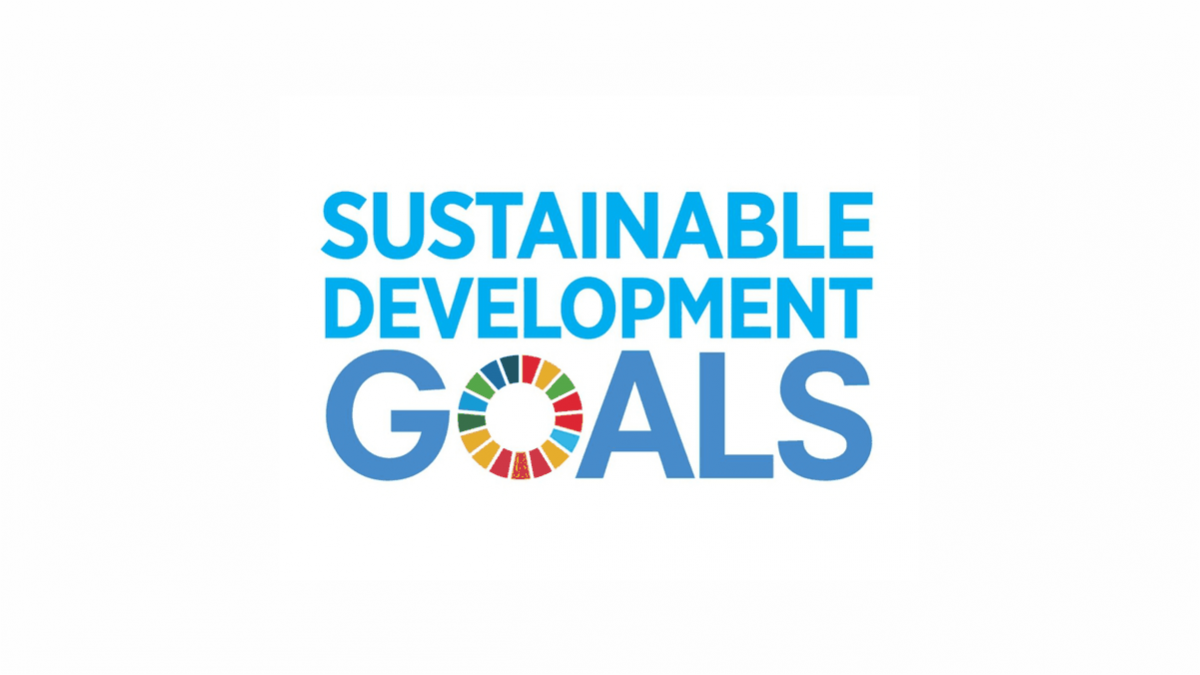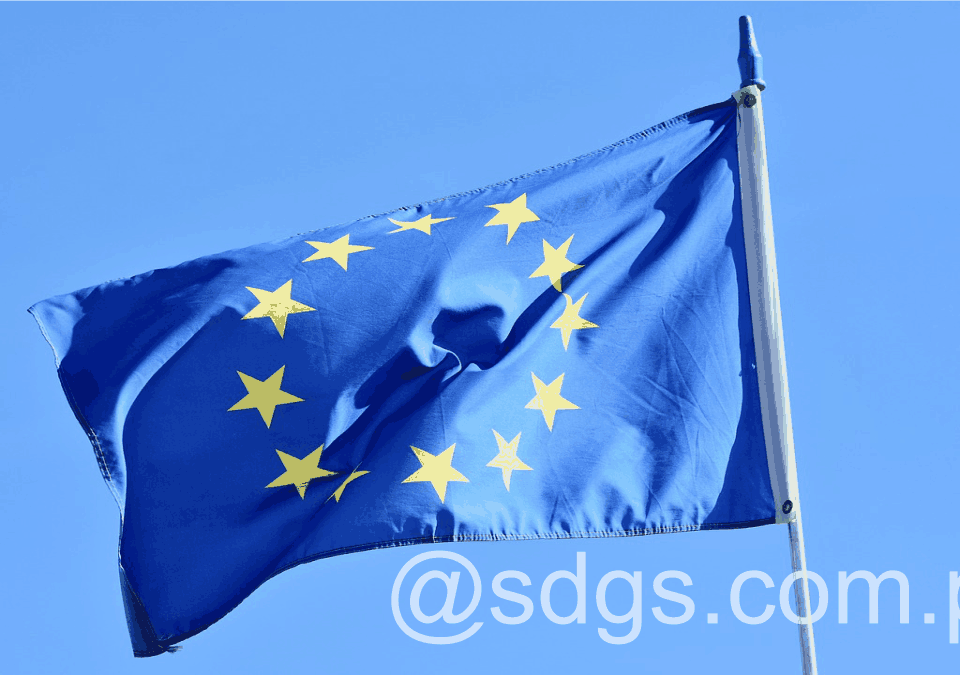
SDGs-Technology-Financing Triangle
April 27, 2019
China’s Belt and Road Forum.
April 29, 2019As SDG Knowledge’s weekly brief on public, private and international finance, this week’s issue is dedicated to investing – as discussed earlier with the launch of nine principles by the International Finance Corporation (IFC). This issue pays special attention to environmental, social and governance (ESG) investments, with particular emphasis on the “E.”
The first comprehensive report of the Network for the Greening of the Financial System, entitled “A Call to Action: Climate Change as a Source of Financial Risk”, estimates that the global economy could lose up to USD 20 trillion because of the risk of climate change. The report explains how climate change falls within the remit of central banks and supervisors and makes recommendations to central banks and policymakers on six themes:
Integrate climate-related risks into financial stability monitoring and micro-supervision;
Integrate sustainability factors into the management of one’s own portfolio
Bridging data gaps.
- Awareness and intellectual capacity and encouragement of technical assistance and knowledge sharing
- Achieve robust and consistent international climate and environmental disclosure; and
Support the development of a taxonomy of economic activities. - The network was created by eight central banks and regulators at the One Planet Summit in December 2017. Articles by Mark Carney, François Villeroy of Galhau and Frank Elderson are available on The Guardian. A summary of the report is available. on the climate is here.
The SDG Investment Fair was held from 15 to 17 April 2019 at United Nations Headquarters in New York, USA, on “Bridging the Investment Gap in the SDGs”. The fair was held jointly with the United Nations Economic and Social Council (ECOSOC). Forum on Financing for Development (FfD), which provides a dynamic platform alongside the forum to discuss specific investment opportunities, partnerships, policies and regulations to help fill the investment gap.
BNP Paribas has published the findings of its survey ESG Global Survey 2019, which indicates that asset managers and owners increasingly hold investments in ESG-compliant funds (75% of asset owners and 62% asset managers, versus 48% and 53% respectively in the two countries). 2017). The foreword to the report defines ESG integration as “the incorporation of ESG factors into financial analysis and investment decision-making to improve returns and/or mitigate risks”. The report notes that the GSS is no longer on the periphery of the investor community due to investor demand, regulation and greater certainty about long-term financial performance.
A press release on the report points out that the SDGs are a “new compass” for investment, with 65% of respondents to the BNP Paribas survey aligning their investment framework with objectives. The report and the publication highlight that the main obstacles are the lack of data and analytical skills, as well as the high costs of technology and the risks associated with greenwashing. The report also points to a change of challenge for analysts: while environmental and social factors were considered equally difficult to analyze and integrate in 2017, environmental problems are now perceived as easier, while social problems seem have increased in relative difficulty. Despite these difficulties of analysis and integration, the report notes that 60% of respondents expect ESG portfolios to outperform traditional portfolios over the next five years.
The Global Sustainable Investment Alliance (GSIA) has published the “Global Review of Sustainable Investments 2018”. The biennial report defines the term “sustainable investing” as an approach that considers ESG factors in portfolio selection and management. The review covers five geographic markets: Australia and New Zealand, Canada, Europe, Japan and the United States, and reports “particularly strong growth” in Japan. The report highlights strategies such as exclusion/exclusion filtering, which is the most popular in Europe, as well as ESG integration and shareholder action.
Source: SDG Knowledge Hub.




